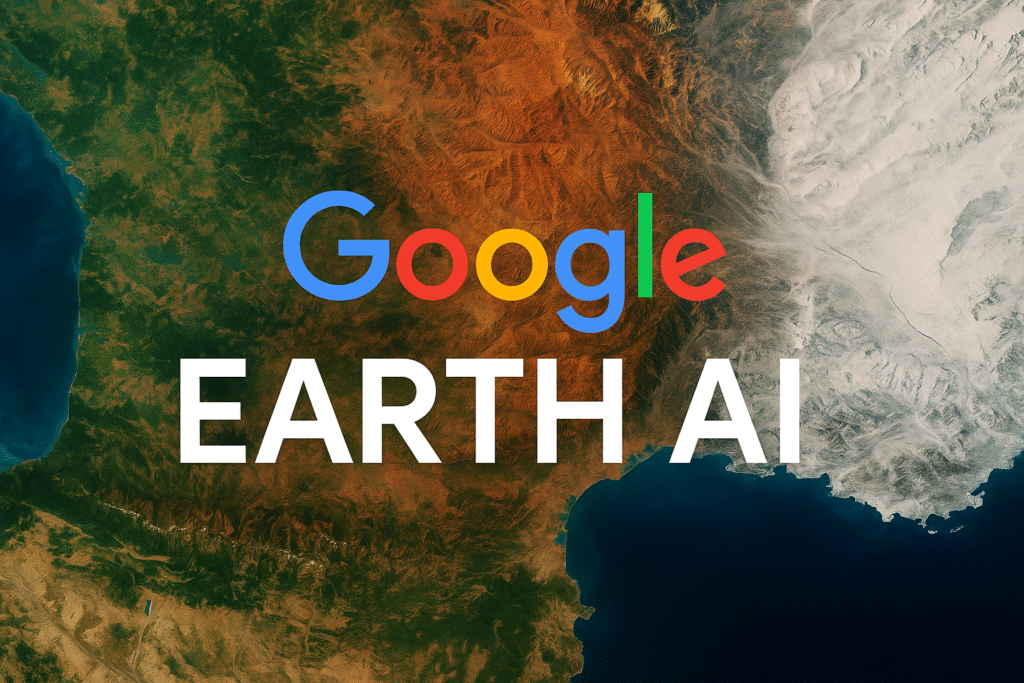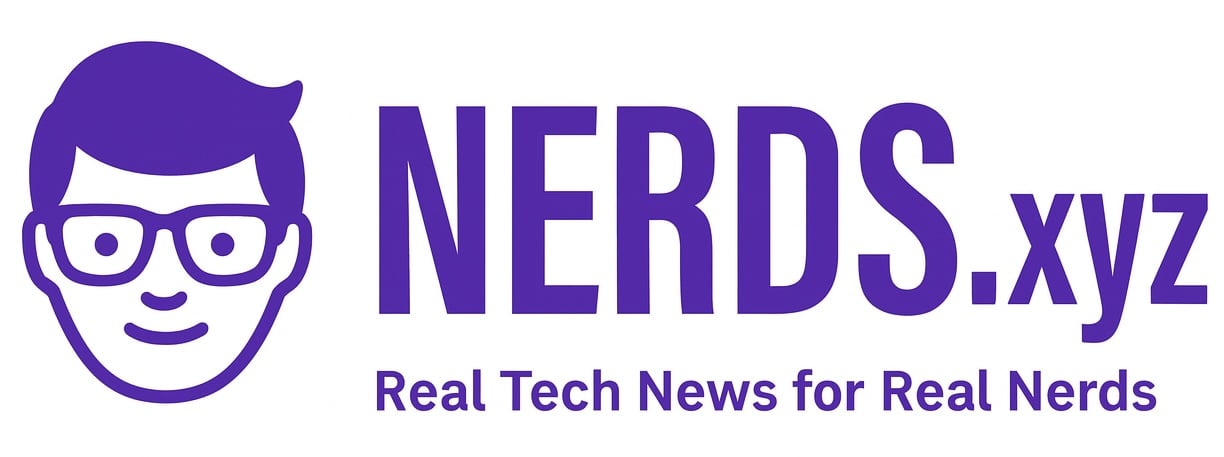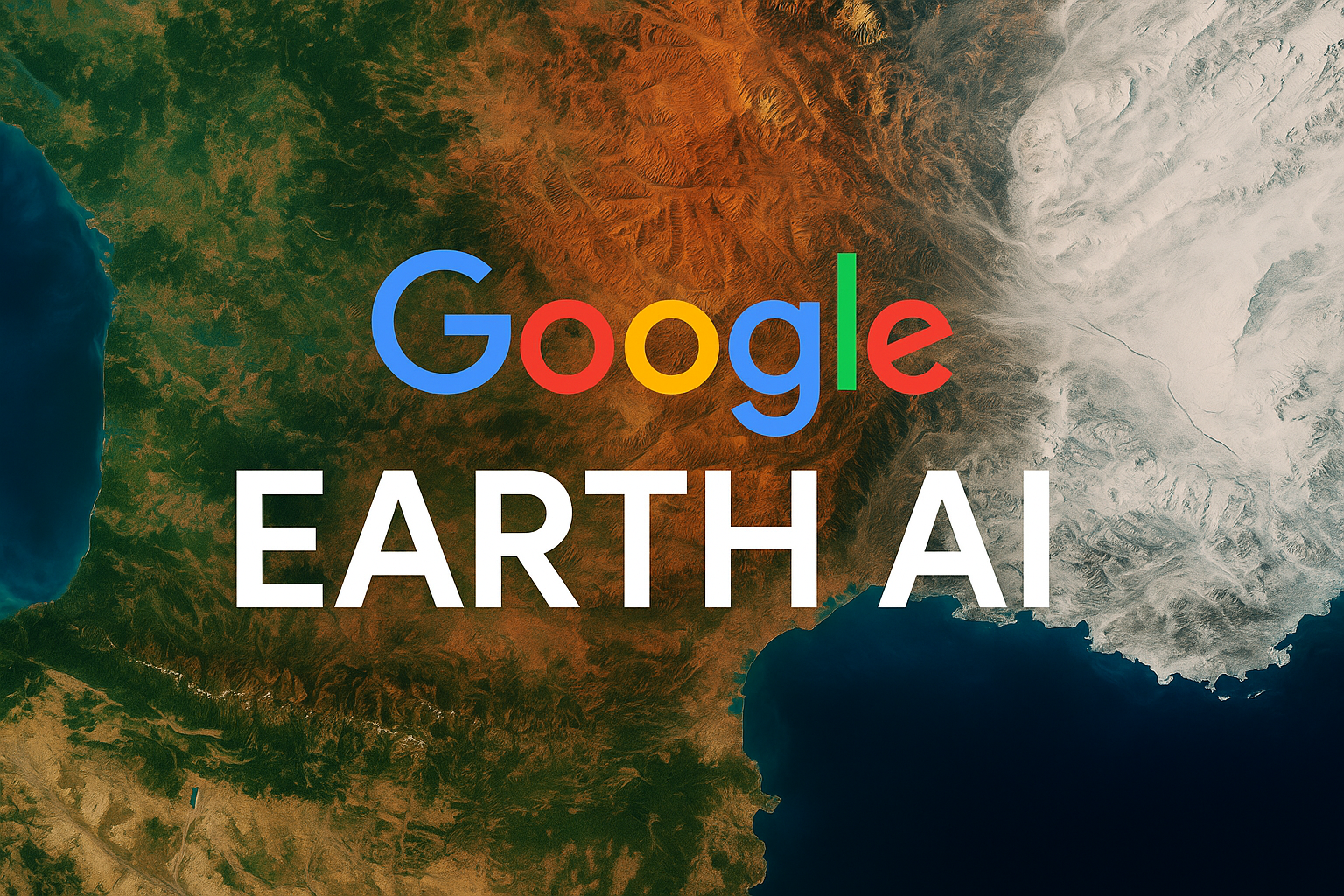
Google just announced something that feels different from the usual AI hype. It’s called Google Earth AI, and it’s all about making sense of satellite data to solve problems regular people care about. We’re talking floods, wildfires, food security, and even urban planning.
The big standout here is a new tool called AlphaEarth Foundations. Think of it as a virtual satellite that takes tons of Earth observation data and turns it into a super-compact, easy-to-understand version of the planet. It breaks the world down into tiny 10-by-10 meter blocks and tracks changes over time. That alone is cool, but what really stands out is how efficient and useful it is.
Instead of dumping a pile of raw data on scientists, AlphaEarth condenses it into something that takes up way less space and is actually usable. Google says it uses 16 times less storage than other AI tools they tested. That opens the door for way more people to build detailed maps and track environmental changes without needing a supercomputer or a team of engineers.
This isn’t stuck in beta or locked behind a paywall either. It’s already powering real alerts in Google Maps and Search, like when there’s a flood or wildfire in your area. And through the Satellite Embedding dataset on Google Earth Engine, researchers and organizations can access over a trillion data points a year to build their own tools.
Groups like MapBiomas in Brazil are already using it to better understand what’s happening in the Amazon. The United Nations Food and Agriculture Organization is working with it to help countries map and protect rare ecosystems. These aren’t tech demos. They’re real-world use cases helping real people.
Personally, I think this is really cool. It’s exciting to see AI used in a way that doesn’t just help big companies make money but actually helps people understand and protect the world we live in. I’m always skeptical of AI being sold as magic, but this feels grounded. It’s practical. It’s useful. And it’s built in a way that others can access and build on.
That’s the kind of AI I want to see more of.


